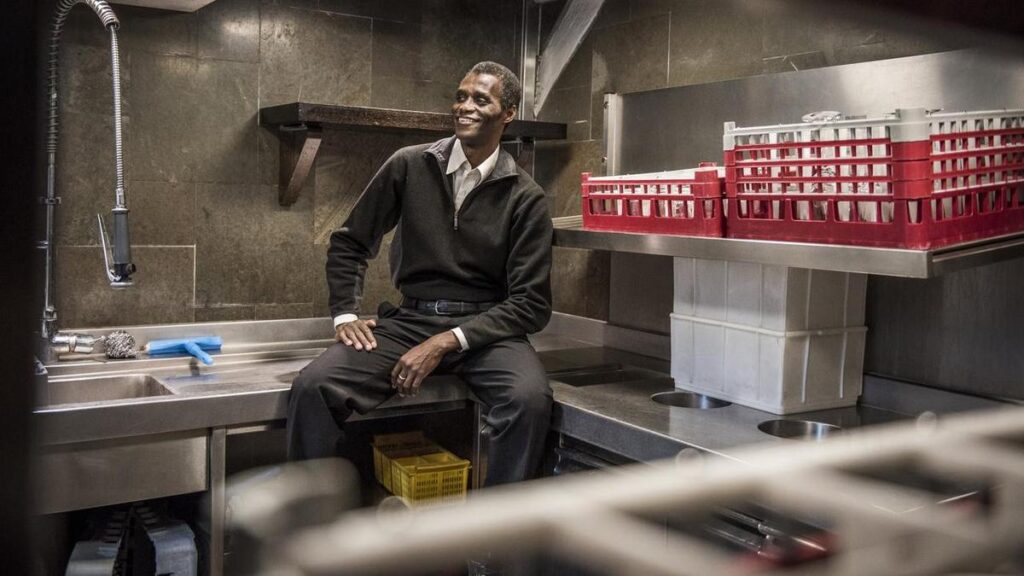
UPDATE: An urgent report from European Central Bank President Christine Lagarde reveals that foreign workers have become crucial to the Euro Zone’s economic stability. In a speech delivered at the US Federal Reserve’s annual symposium in Jackson Hole, Wyoming, Lagarde confirmed that these workers significantly offset shorter working hours and declining real wages in the region.
This development comes as the EU’s population reached a record 450.4 million last year, largely driven by a surge in net immigration. Lagarde emphasized that foreign workers, while only comprising around 9% of the total labor force in 2022, accounted for a staggering half of its growth over the past three years. Without their contributions, she warned, labor market conditions could be tighter and economic output considerably lower.
In stark terms, Lagarde stated that Germany’s gross domestic output would be approximately 6% lower than in 2019 without these workers. She further noted that Spain’s robust economic rebound post-COVID-19 pandemic also heavily relied on the influx of foreign labor.
However, this boost comes amid rising political tensions. As local voter discontent grows, some governments are imposing restrictions on immigration. In Germany, the new government has suspended family reunification and resettlement programs in a bid to regain favor from voters drawn to the far-right Alternative for Germany party.
Lagarde’s remarks highlight the delicate balance between economic necessity and political realities, as many EU countries grapple with the implications of immigration on their domestic landscapes. The growing preference for fewer working hours and a notable decline in living standards in certain sectors further complicates the situation.
As these developments unfold, experts and officials are closely monitoring the potential impacts on labor markets and economic conditions across the Euro Zone. The situation remains fluid, with significant implications for both policymakers and the millions of workers who contribute to this essential economic fabric.
Stay tuned for further updates as this story develops, as the intersection of immigration policy and economic performance continues to shape the future of the Euro Zone and its citizens.






